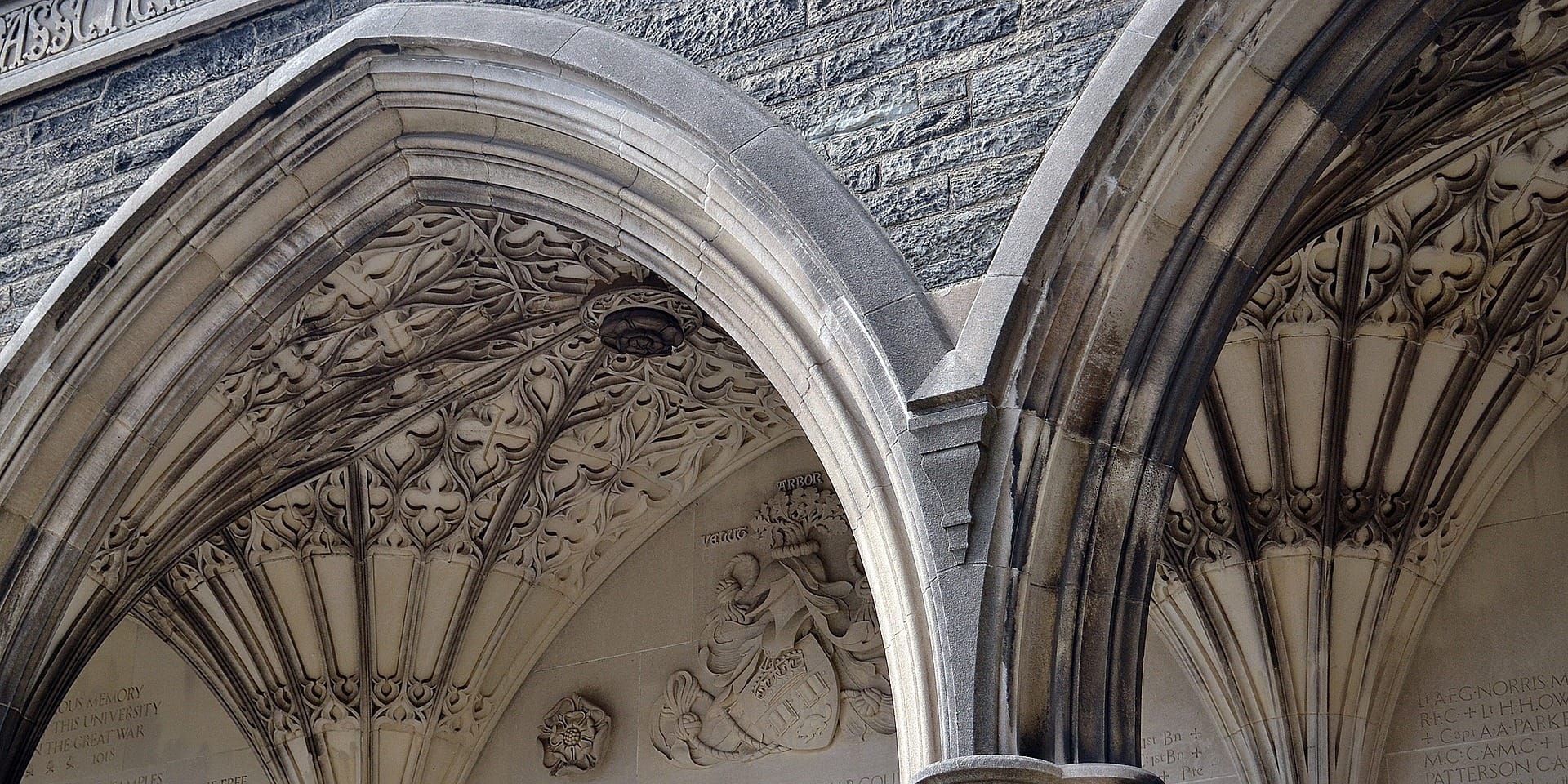Digest of Connecticut Appellate Court advance release opinions about trusts and estates, tax assessment, and…
Snow Plowing, Vexatious Litigation and Probable Cause
The Connecticut appeal in Lichaj v. Sconyers involved snow plowing, vexatious litigation and probable cause. The advance release opinion, which becomes official on March 1, 2016, explains that the Welles and the Lichajes had a common driveway. The deeds included the following provision addressing maintenance of the driveway: “Responsibility for payment for said maintenance [specifically including snow plowing] shall be shared equally by the owners of Lot 1 and Lot 2.”
The Underlying Action
The court didn’t say so, but it seems to me that the genesis of the dispute was that Mr. Lichaj, understandably, didn’t want to pay for something he could very well do himself. He got in the habit of plowing the driveway with his tractor. The Welles didn’t like that and repeatedly asked him to stop. Mr. Lichaj continued, even though for a time Mrs. Welles’ father plowed and, after the father’s truck failed, the Welles hired a professional to plow.
Mr. and Mrs. Welles hired Sconyers and his firm to commence an action against Mr. and Mrs. Lichaj seeking to enjoin Mr. Lichaj from plowing the driveway. The trial court denied the Lichajes summary judgment motion. On the succeeding trial, the court granted an injunction in the Welles’ favor, enjoining Mr. Lichaj from plowing. The trial court found in Mrs. Lichaj’s favor as to the injunction.
The Lichajes appealed. The Appellate Court reversed and remanded.
The Vexatious Litigation Action
After the remand, the Lichajes commenced a vexatious litigation action against the Welles and Sconyers and his firm. “The Lichajes alleged, inter alia, that the underlying injunctive action was brought and maintained without probable cause.” Sconyers and his firm moved for summary judgment. “[They] maintained that there was probable cause because the Welleses had prevailed at trial in the underlying action as against [Mr.] Lichaj, their claim against [Mrs.] Lichaj survived summary judgment, and the facts known to Sconyers were sufficient for him to believe that there was probable cause to commence the injunctive action against both [Mr.] Lichaj and [Mrs.] Lichaj.”
The trial court granted summary judgment against Mr. and Mrs. Lichaj. As to Mr. Lichaj, “[t]he court reasoned that, as a matter of law, the finding of the trial court in the underlying action in favor of the Welleses, who were represented by Sconyers, as to their claim against [Mr.] Lichaj was conclusive evidence of probable cause as to him, and the reversal of that claim on appeal was not inconsistent with the existence of probable cause.”
As to Mrs. Lichaj, the trial court concluded “that the denial of the motion for summary judgment in the prior case precluded a finding that there had not been probable cause to pursue that action.” The court noted that “some jurisdictions, such as California, Georgia, Pennsylvania and the United States Court of Appeals for the Eighth Circuit, conclude that a denial of a motion for summary judgment creates a presumption of probable cause sufficient by itself to defeat a subsequent claim for vexatious litigation; others, such as Kentucky, Arizona and Vermont, conclude that a denial of a motion for summary judgment is but one factor to consider in the analysis of probable cause…. [T]here was no controlling Connecticut precedent on the issue and [the trial court] decided to follow the line of cases that hold that a previous denial of a motion for summary judgment is conclusive evidence of the existence of probable cause to bring the prior action.”
The Lichajes appealed. The Appellate Court affirmed.
Plaintiffs’ Main Argument on Appeal
“The Lichajes claim that the court erred when it granted the motion for summary judgment against [Mrs.] Lichaj. They contend that this court should hold that a prior denial of a motion for summary judgment is but one factor to consider in the analysis of probable cause.”
Defendants’ Alternative Ground for Affirmance
As an alternative ground for affirmance, Sconyers and his firm argued “that, as a matter of law, there was probable cause to include [Mrs.] Lichaj as a defendant in the prior action, regardless of the effect of the prior denial of the motion for summary judgment.”
Appellate Court Concludes Sconyers had Probably Cause Independent of Summary Judgment Denial
The Appellate Court agreed with Sconyers’ alternate ground for affirmance. The court noted that want of probable cause is an element of common law and statutory vexatious litigation. Sconyers had probable cause to name Mrs. Lichaj as a defendant in the injunction action, even though she wasn’t the one doing the plowing, because she co-owned the property with Mr. Lichaj. The injunction action involved the construction of the maintenance provision in schedule A of the deed. The construction of that provision could have affected Mrs. Lichaj’s rights as a co-owner of the property. She was a necessary, if not indispensable party.
Other Things to Note
As mentioned, the trial court noted that out-of-state decisions reflected two lines of thinking: (i) denial of plaintiff’s summary judgment motion in the underlying action is presumptive probable cause and conclusively defeats a later claim of vexatious litigation; and (ii) denial of plaintiff’s summary judgment motion is but one factor of the probable cause analysis.
In footnote 5, the Appellate Court decided not to deal with this split of authority : “We express no opinion as to whether a denial of a motion for summary judgment, without more, is sufficient to negate the lack of probable cause for the purpose of a subsequent action in vexatious litigation.”


